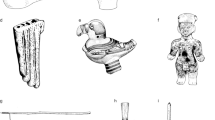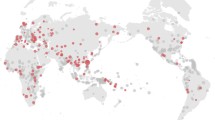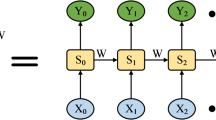Abstract
IT is widely believed that certain nations have an inherited aptitude for music. The musical culture of the English in particular is considered sadly deficient by comparison with that of the Germans, the Slavs or the French1. Britain provides a useful field for evaluating nationalist musical claims, for the Celts in Wales, Scotland and Ireland assert their musical superiority over their English conquerors (some say “oppressors”). On questions of national superiority the English remain silent, leaving time to establish the facts.
This is a preview of subscription content, access via your institution
Access options
Subscribe to this journal
Receive 51 print issues and online access
$199.00 per year
only $3.90 per issue
Buy this article
- Purchase on SpringerLink
- Instant access to the full article PDF.
USD 39.95
Prices may be subject to local taxes which are calculated during checkout
Similar content being viewed by others
References
Rainbow, B., The Land Without Music: Musical Education in England 1800–1860 and its Continental Antecedents, (Novello, London, 1967).
McLeish, J., Brit. J. Educ. Psychol., 38, 201 (1968).
Author information
Authors and Affiliations
Rights and permissions
About this article
Cite this article
MCLEISH, J., THOMAS, C. Nationality and Musicality used to test the Lamarckian Hypothesis. Nature 230, 337–338 (1971). https://doi.org/10.1038/230337b0
Received:
Issue date:
DOI: https://doi.org/10.1038/230337b0



